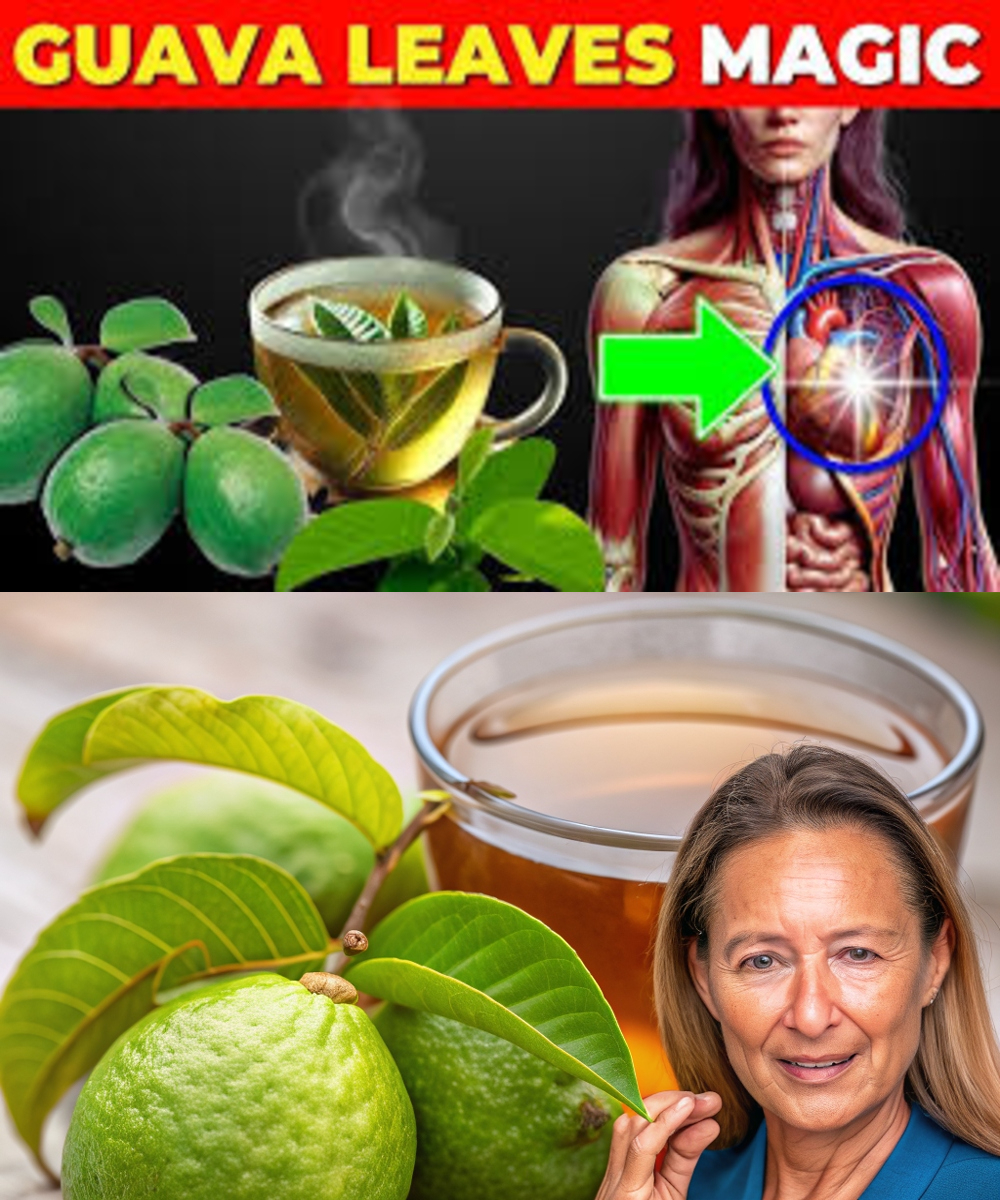Guava leaf tea has been traditionally used in many cultures for its medicinal properties. While it’s not a cure in the strict medical sense, it can help manage or alleviate symptoms of several conditions thanks to its antioxidant, anti-inflammatory, antimicrobial, and antidiarrheal properties.
Here are 9 diseases or conditions that guava leaf tea may help with:
1. Diarrhea and Dysentery
Guava leaves contain compounds like quercetin that have antibacterial properties. Drinking the tea may help inhibit the growth of bacteria like Staphylococcus aureus, helping reduce diarrhea symptoms.
2. Diabetes (Type 2)
Guava leaf tea can help regulate blood sugar levels by inhibiting certain enzymes that convert carbohydrates into glucose. Studies suggest it improves insulin resistance.
3. High Cholesterol
Regular consumption may help lower LDL (bad cholesterol) and triglycerides while maintaining healthy HDL (good cholesterol), reducing the risk of heart disease.
4. Obesity
By improving metabolism and inhibiting starch absorption, guava leaf tea can aid weight management when combined with a healthy diet and exercise.
5. Menstrual Pain (Dysmenorrhea)
Guava leaf extract has shown pain-relieving properties and may reduce uterine cramps during menstruation.
6. Toothache and Oral Infections
The antibacterial and anti-inflammatory effects of guava leaves help fight gum disease, reduce toothache, and freshen breath. The tea or leaf extract can be used as a mouth rinse.
7. Cold and Flu
Guava leaves contain vitamin C and flavonoids that can boost immunity and reduce symptoms like cough, sore throat, and mucus buildup.
8. Skin Infections and Acne
The antimicrobial and antioxidant properties help fight bacteria that cause acne, reduce inflammation, and promote healing of skin infections when used topically or consumed.
9. Cancer (Supportive Role)
Some studies suggest guava leaves contain lycopene and quercetin, which may help neutralize free radicals and reduce cancer cell proliferation, especially in prostate and breast cancer. However, this is supportive and not a substitute for medical treatment.
